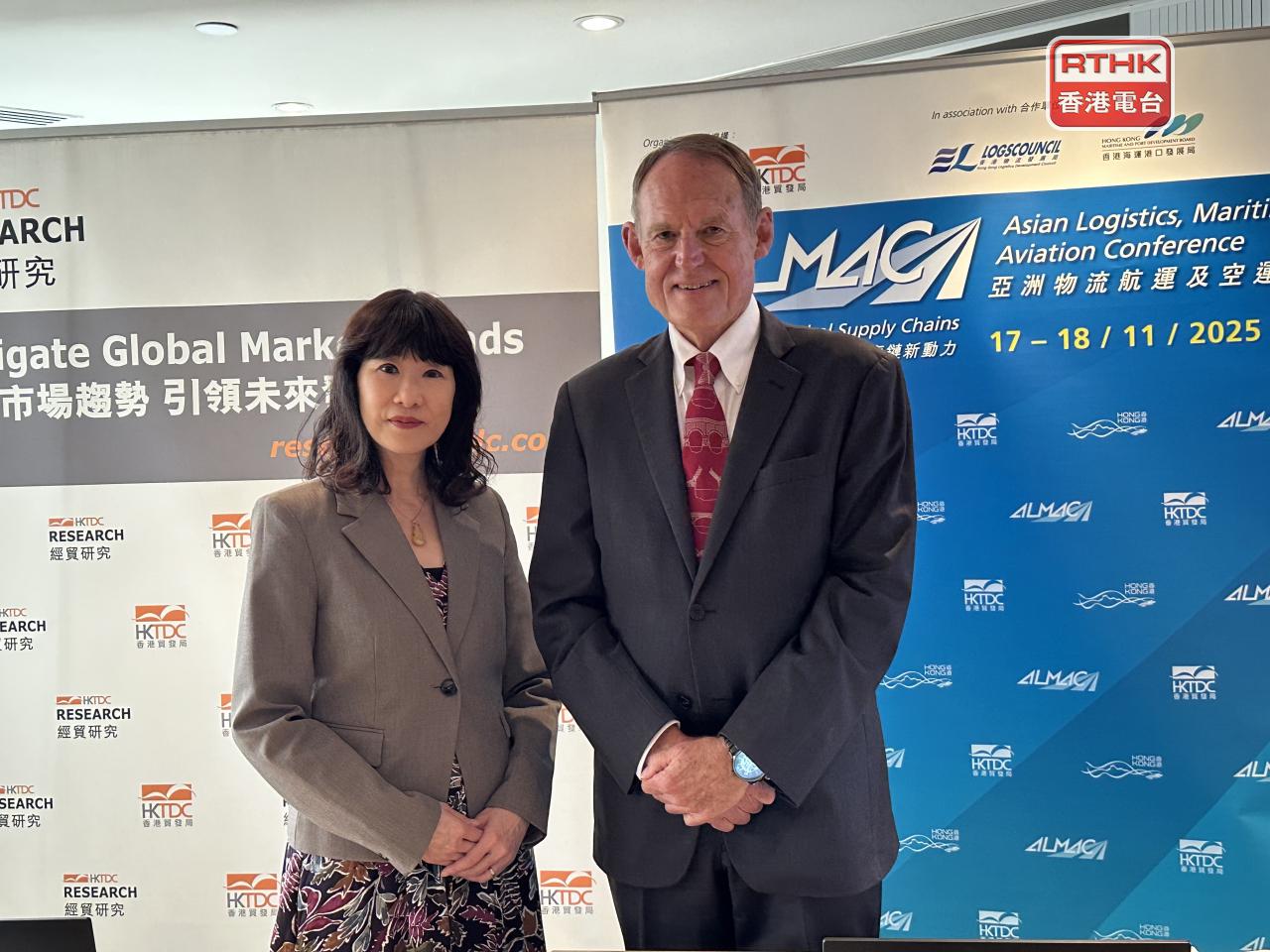American firms have continued to remain deeply engaged in Chinese markets despite intensifying US-China relations due to trade policies, a foreign think tank said on Thursday.
That's according to research conducted by the Bay Area Council Economic Institute of the United States.
Senior Director Sean Randolph said the Greater Bay Area is particularly attractive to US companies.
"Many of them are actively using resources in Guangdong province, coming out of Shenzhen or Dongguan or Guangzhou for their manufacturing as major sources of manufacturing inputs to their products," he said.
"And so many of them will be familiar with the productive capabilities in the GBA and of course the technological capabilities, as some of the major tech companies that sort of compare with our own in California have been growing."
He went on to say that the firms are familiar with Hong Kong, given its "historic role as an intermediary for dealing with China".
On Monday, Washington lowered the fentanyl tariffs on China to 10 percent till November 10 next year. Randolph said he believes that this move was an important one for businesses, especially those making investments.
"I think importing into the US is still going to be really expensive, and China will not be in an advantaged position when it comes to tariffs compared to all these other countries in Southeast Asia and certainly Mexico," he said.
"But I think just the depth of production capacity and the beneficial pricing in China is still going to make a lot of Chinese exports competitive."
As for mainland companies, Irina Fan, director of research at the Hong Kong Trade Development Council, which commissioned the study, said that more mainland firms are looking to diversify their supply chains amid the lowered tariffs, and use the SAR as a supply chain management centre.
About 95 percent of some 340 mainland firms polled in another study said they wished to go global, for example to places along the Belt and Road Initiative, she added.





